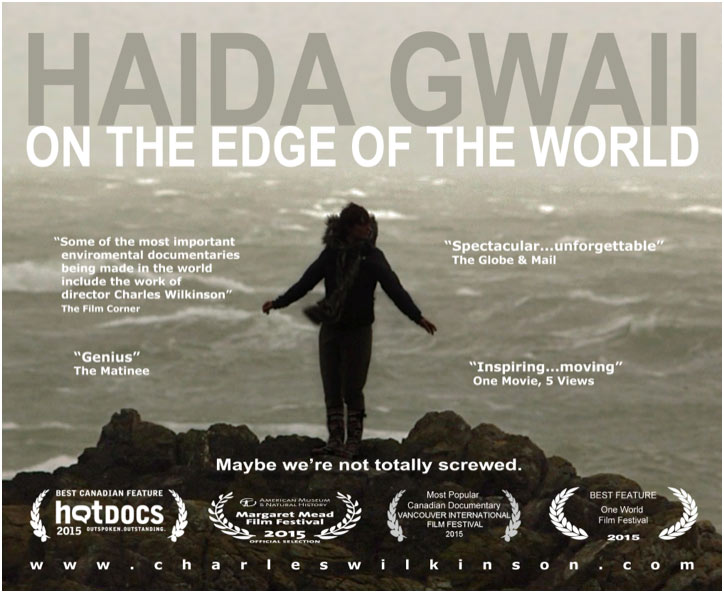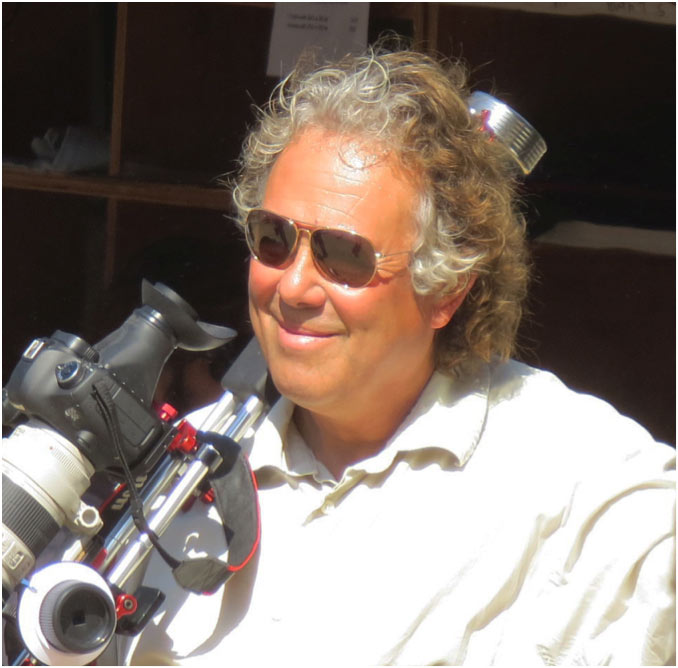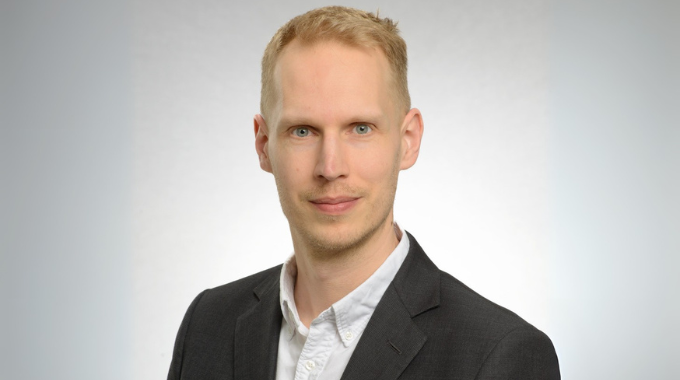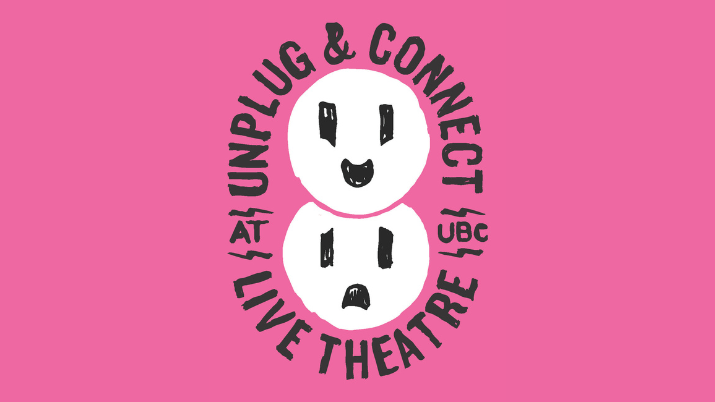

Film Production alumnus Charles Wilkinson’s (MFA 2008) documentary HAIDA GWAII: ON THE EDGE OF THE WORLD has won the VIFF’s Most Popular Documentary Award this year!
VIFF favourites (MFA Alumnus) Charles Wilkinson and Tina Schliessler (Peace Out, Oil Sands Karaoke) complete their eco-trilogy with a paean to breathtaking Haida Gwaii and the spirited people who populate it. The natural beauty of this culturally rich archipelago has served as a backdrop for tragedies such as outbreaks of smallpox and the exploitation of natural resources. And yet, the Haida Nation remains undaunted, drawing on 14,000 years of tradition in preparing for a showdown over the Northern Gateway pipeline and planning for a more sustainable future.
“So much more than a profile of this remarkable place and the cast of characters who populate it, this film captures the heart and heartbreak of the clashes it has seen, primarily over logging (in an unforgettable interview, a former police officer, who is Haida, recalls having to arrest his auntie at a protest). And it hints at what’s to come in a showdown over Enbridge’s proposed Northern Gateway pipeline. As one resident warns and promises: ’We are ready to fight, believe me.’”—Marsha Lederman, Globe and Mail


Charles Wilkinson
Q&A with Director Charles Wilkinson for One World Film Festival in Sept 2015
Interviewer: Morris Rothman
When did you first hear about Haida Gwaii?
I’ve been aware of Haida art most of my life. It’s pretty hard not to be, living in Western Canada. My 1st real contact tho was when I was 1st starting out in filmmaking, I used to take work as a sound editor and music composer for films when directing work was scarce. I was hired to do the soundtrack for a film by Vicki Husband on Haida Gwaii called “Ninstints, Shadow Keepers Of The Past”. It was a wonderful film & it really introduced me to a magical place. Then, over the next few years I did sound for a few films about Haida carver Bill Reid. Amazing guy. Da Vinci-class artist. Then of course I was very much aware of the heroic & successful effort to halt the corporate clear-cutting of the archipelago in the late 70s.
What were the challenges of trying to capture the beauty of the land and uniqueness of its inhabitants?
The challenges are pretty hard to describe in a few pages. It’s often a tough environment to work in with sensitive equipment. The weather, the remoteness, the lack of amenities and so forth. But the greater challenge by far was finding & securing the trust of key residents who could express what is so significant about the place in terms other than, you know – it’s awesome, love it here, best place ever, etc. The things that make Haida Gwaii really important to look at are both subtle & elusive. On top of that, 1st nations people have grown wary of non-native people who come in with projects that require their cooperation. Rightly so. 1st Nations have been taken horrible advantage of by exploitive interlopers bent on extracting profit regardless of the costs in human suffering. So there was that hurdle as well. But ultimately, Haida Gwaiians, both native & non-native came to trust Tina & I and extended amazing hospitality.
Your film ‘Haida Gwaii: On The Edge Of The World’ represents the third and final chapter in what is referred to as the ‘OK or not OK’ trilogy. The first film, ‘Peace Out’ (2011) asked the question: Are we destroying our world to extract energy? The second film, ‘Oil Sands Karaoke’ (2013) asks: why, if most of us know how much trouble we’re in, don’t we do anything much about it?
What question does “Haida Gwaii’ ask? What is the answer to this question? Is it an answer people want to hear?
The question the film asks is: “Are we as a species totally screwed?” And the answer I’m hoping people come away with is: “Maybe not.” Bottom line the film communicates is that if we could wrestle under some measure of reasonable control the corporations that control every aspect of our lives – as the Haida Gwaiians have done, and if we can wean ourselves from the seductive but toxic teat of corporate consumer overconsumption – again as many Haida Gwaiians have done, then we stand some slim chance of beginning to tackle all the other critical threats we’re facing.
Do people want to hear this answer? Depends who you’re talking to I guess. Winston Churchill famously said: “The best argument against democracy is a 5 minute conversation with the average voter.” My sense is that the incredibly persuasive force of the infinitely wealthy corporate/government complex discourages the ‘average voters’ from seeking out clear, informed logic on the issues of the day. Hence the “he’s just not ready, but nice hair” kind of political discourse. And yeah, it’s worked pretty well for them. But I sense that more & more people every day are waking up to the fact that our leaders do not even try to defend our best interests. The fact that you guys can have a film festival like this, and have some people choose to watch films like these – rather than the hockey game – is proof to me that maybe we’re not totally screwed.
How is the story of the Haida Nation different than the story of other First Nations or Aboriginal peoples in Canada?
This ain’t rocket science. The Haida Nation has never signed a treaty, they’ve never been conquered militarily. It’s their land. Full stop. All the bullshit tricks the corporate/government forces have pulled over time – the pitting of one band against another in overlapping land claims, the endless inquiries and court proceedings over whether a particular treaty right is being violated or not, the bribing of corrupt native leaders – none of that stuff has worked on Haida Gwaii. Consequently, the Haida walk with their heads held high. Go there, you’ll see. It’s pretty cool. Unlike so many 1st Nations centers, the indigenous people on HG don’t allow themselves to be marginalized as 2nd class citizens. That said, they’ve also been super smart, making like-minded non-Hadia Gwaiians entirely welcome. So you see there a kind of solidarity between white and native society that I’ve never seen anywhere else in the world.
How does this collaboration make the fight against corporate and government interference unique? Easier? Harder?
I wouldn’t say easier, because there’s nothing easy about fighting the ruthless corporate/government machine. Say rather that on Haida Gwaii the fight is clearly winnable. The results are visible. And I have to say, the Haida Gwaiians are such major pains in the ass whenever the corporate/government tries to pull anything that would affect them – the bad guys are super cautious about trying anything there now.
That said, I don’t want to paint a perfectly rosy picture of life on Haida Gwaii. On the face of it the society there looks quite similar to rural communities all over our North. But over time if you’re paying attention the difference start to become pretty obvious.
Do you think that bad news makes for a more compelling documentary than ones about good news? Why?
Sure, I guess. But I think documentary is an evolving art form. It was necessary for Al Gore to be super negative in Inconvenient Truth – to get people’s attention. But today, my experience is that most people who go see documentaries have figured out that pollution is, you know, bad. Ocean degradation – that too. Fracking – those bastards. Tar Sands – the horror. Global warming – check. We get that. The films that rely on these tropes are – to me – preaching to the choir now. The audience already agrees. All we’re doing is depressing and demoralizing them. And worst of all, the people who really need to see these things just tune the ‘hippie bullshit’ out. But the films I respect most are beginning to examine these issues in a bit more nuanced a manner. There’s a whole lot of people out there who think that big pickup trucks are fun, meat tastes good, half hour showers are pretty cool. How do we speak to those folks?
What life lessons can we learn from the people of the Haida Nation and their story?
I think I’ve answered that pretty much in the above. The main point I want to make tho is that the changes the Haida Gwaiians are making, the changes we all must make – these changes are not that we all have to switch to a diet of 100% Kale, walk everywhere and stop smiling so much. It’s actually kind of the opposite. The people we worked with on Haida Gwaii have way more fun now they’re not earning huge resource bucks and spending those on big ticket toys. When you add up all the hours in the day most of us devote to acquiring, using, maintaining, protecting and disposing of consumer goods that we could easily live without – imagine what we could do with that time. What the forward-thinking Haida Gwaiians do is spend time talking to each other instead of stabbing away at that hopeless little screen. They source amazing food. They have dinner parties for each other. They spend time in the natural world. And the stress level, the fear level we see rising so dramatically everywhere else – not here.
What have been the reactions so far from the audiences who have seen the film? What do you want people to think about as they are leaving the theatre after the film?
The response has been wonderful. The film really seems to connect with people on a deeply human level. And in that sense it means we’ve captured a bit of what visiting Haida Gwaii has come to feel like for Tina & I.
How did you get started in the film industry?
Long story. I was a kid entertainer from 6 on. TV, recording, touring. Took a decade off to learn life skills – welding, carpentry, mechanic-ing, off-grid living, etc. Went to film school, got SUPER lucky in coming up with a really strong documentary idea in my 3rd year, directed my 1st commercial film before graduating – which got me off to a pretty good start. Since then I’ve worked pretty hard & have been ridiculously lucky.
Can I ask you about your collaborations with your life/filmaking partner Tina? What is it like (for the both of you!) having the same life & filmmaking partner? Are there advantages?
It’s hell. (Ow!! Tina just hit me with a breakaway chair). Our meeting at film school has been the single most important event in my life. Take every sappy love story you’ve ever seen – the ones that usually end with them falling into each other’s arms but then the movie ends and you wonder what this couple is up to now, if they’re still together, if they had amazing kids, if they went camping in a VW Westphalia van in the Baja with them, if their being together was the best thing that could have ever happened – I like to think the answer is yes for all the fictional characters – it definitely is for us.
The movie-making advantages are obvious – we split hotel rooms, ride in one production car, that stuff. But far more important, we’re in the middle of this decades long conversation about what each of us feel is real & important in life. That works its way into our films I think.
Down side is that WE JUST CAN’T GET AWAY FROM EACH OTHER!!!! Seriously, we’re editing for 6 months, 16 hours a day, 6 – 7 days a week. Jesus! NOBODY is that compatible. Mostly we’re fine, but when there’s conflict, as there has to be with 2 creative people once in a while – we still have to face each other, like that day, that night. But so far, very few attempted homicides.
What did you do before you got involved in film? What made you contemplate a change in careers/interest? What do you do when you are not making films?
I’ve published a couple of books. I fix our car, I weld, I build a lot of stuff, we spend a lot of time camping, we hang with our kids & their friends, I play the guitar and sing (I’m currently ranked as the 189,000th best campfire guitarist on the planet. I know all the words to every Beatle song, I Can’t Feel My Face, AND most popular ad jingles (You deserve a break today, Nobody does it softer, It’s the Pepsi generation, arghhhhh!)
When did you first become interested in the documentary film genre?
Since I can remember, my parents dragged me to see Soviet documentaries about tractors marrying cows and battleships and stuff (my dad was an uber socialist, my mom kind of humoured him). I always loved documentaries.
What are some favorite documentaries you have seen and why are they your favorites?
Not in order – When We Were Kings, Bowling For Columbine, The Corporation, Man With a Movie Camera, Shelter, This Is It, Harlan County USA, Grizzly Man, Waste Land, The Last Waltz, Battleship Potemkin, and Team America.
What projects are you currently working on ? What do we have to look forward to from you next?
It’s a secret. But it’s looking like a quadrilogy in the making.
What advice would you give aspiring documentarians and film makers?
Run away. Seriously, don’t be fooled into thinking this is a glamorous life, that you can make a decent living, or that it’s in any way a sensible thing to do with you time. It is rarely any of those things. I’ve found that the people who try to become filmmakers for those reasons tend to be unhappy. Leonard Cohen once said: “Art is a verdict, not an occupation.” I think a better question is – do you have anything to say? By all means if you feel you have something important to add to the global conversation, and if you think your point of view on it is distinct enough to draw an audience – give it a try. The only real advice I have tho is that you should be realistic about how long you’ll invest in the process. I taught for a while and even today I’ll run into former students who after 10 years of struggle are crowd funding for a short spec film. We live in a time where our parents assure us we can be anything we want if we want it bad enough. Guess what. Just ain’t so. For a time I really thought I wanted to make dramatic films like Francis Coppola, I’ve had every chance to demonstrate that I could – but the audience just didn’t agree. And after a while I was forced to accept that I just don’t have those skills. I think anyone who really feels the pull should take a chance on it. But if you don’t get a really solid vote of support from a real audience (IE not your family) within a reasonable time frame – there are so many amazing jobs out there any of us could be really happy doing.
Thanks for asking, thanks for watching, visit the web page at charleswilkinson.com. And peace out.
MORE INFORMATION:
REEL WEST ARTICLE
http://issuu.com/reelwest/docs/rw_fall2015_web/7?e=1130875/30429116
TRAILER
http://vimeopro.com/user9191137/haida-gwaii-on-the-edge-of-the-world-trailer
DIRECTOR’S SITE
http://www.charleswilkinson.com/
VIFF LINK
http://viff.org/festival/films/f16174-haida-gwaii-on-the-edge-of-the-world


